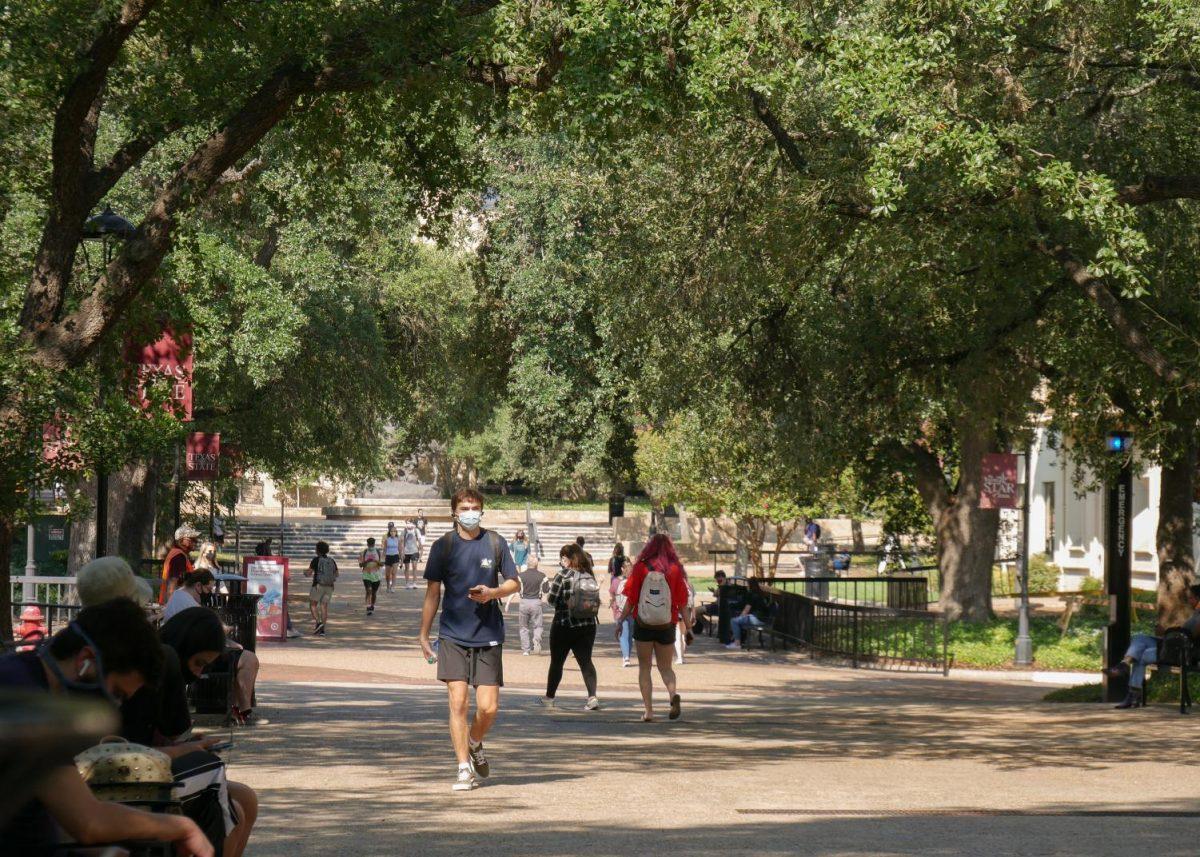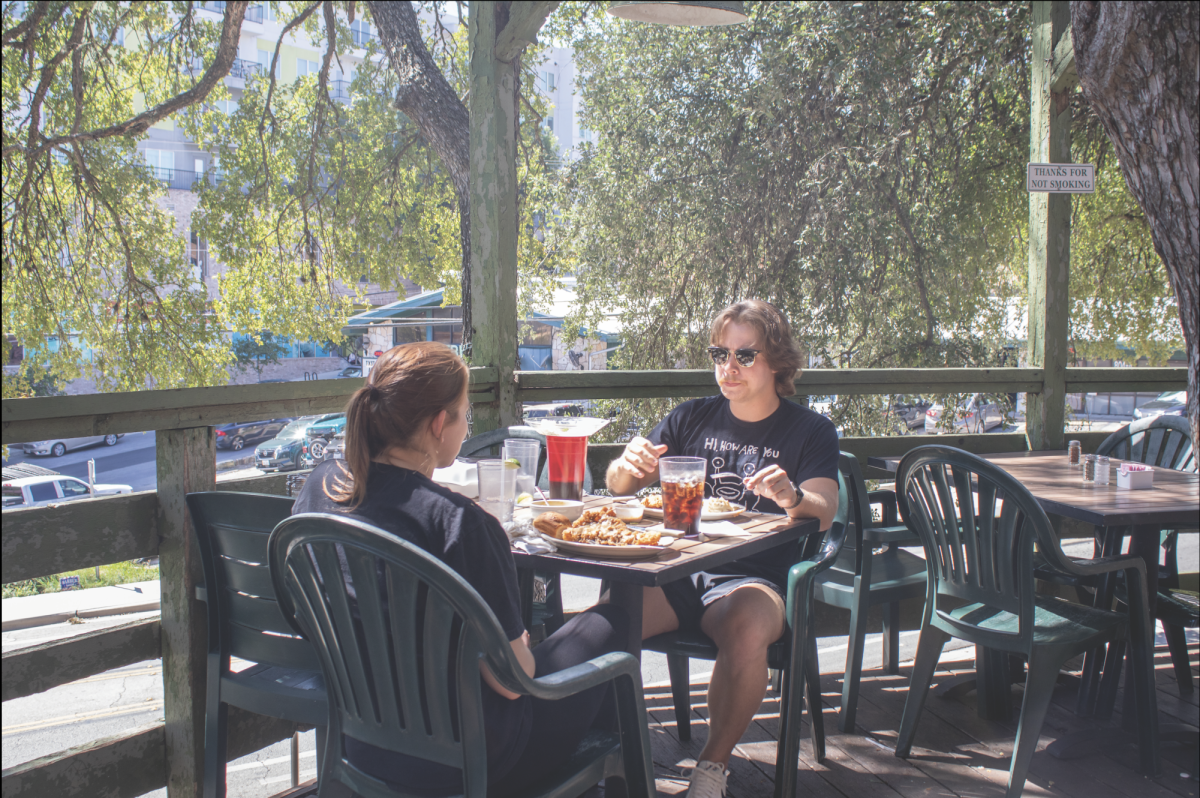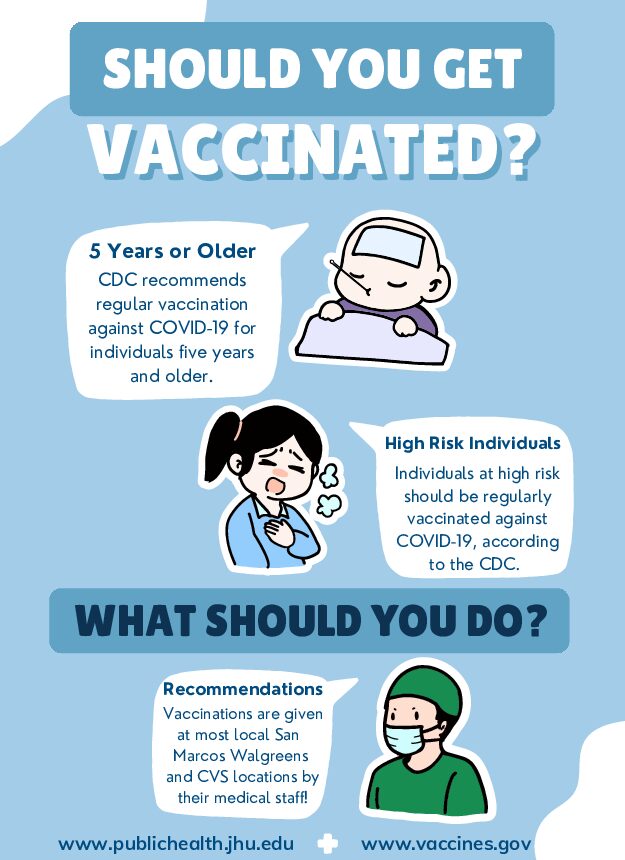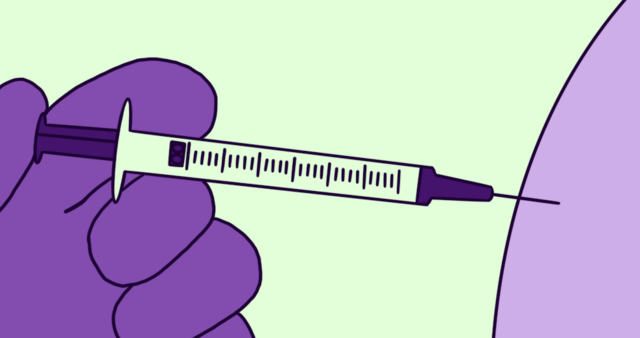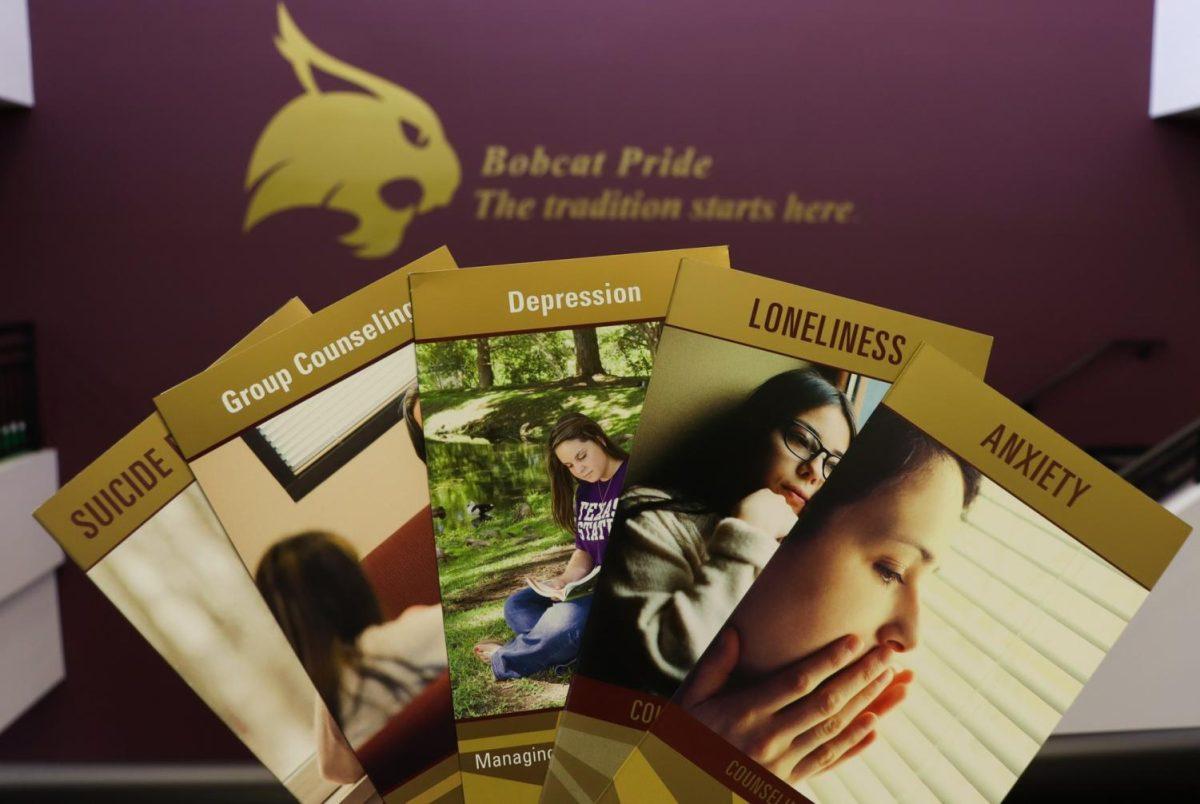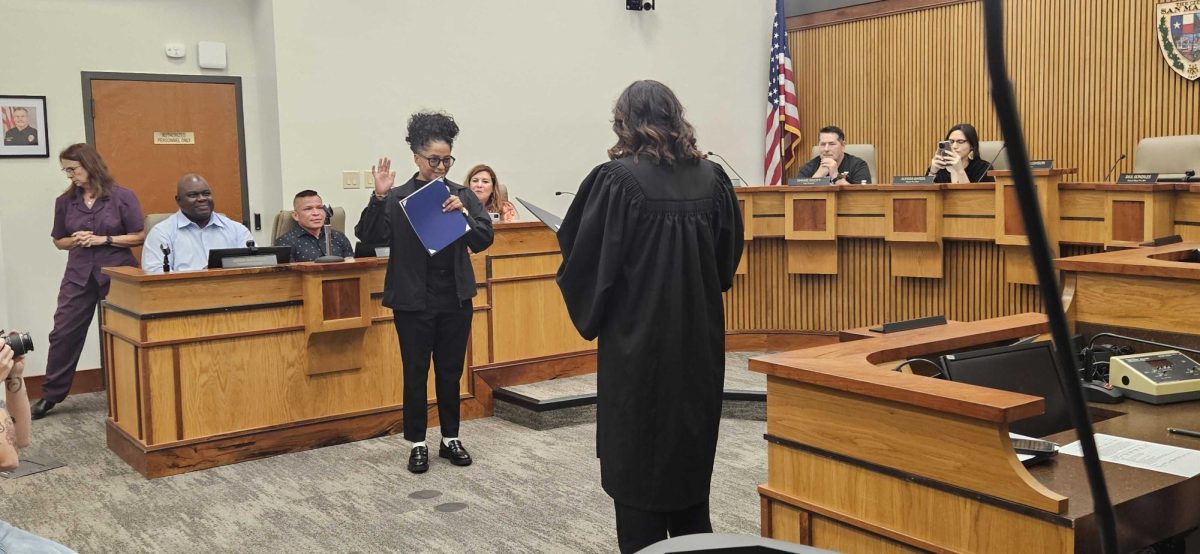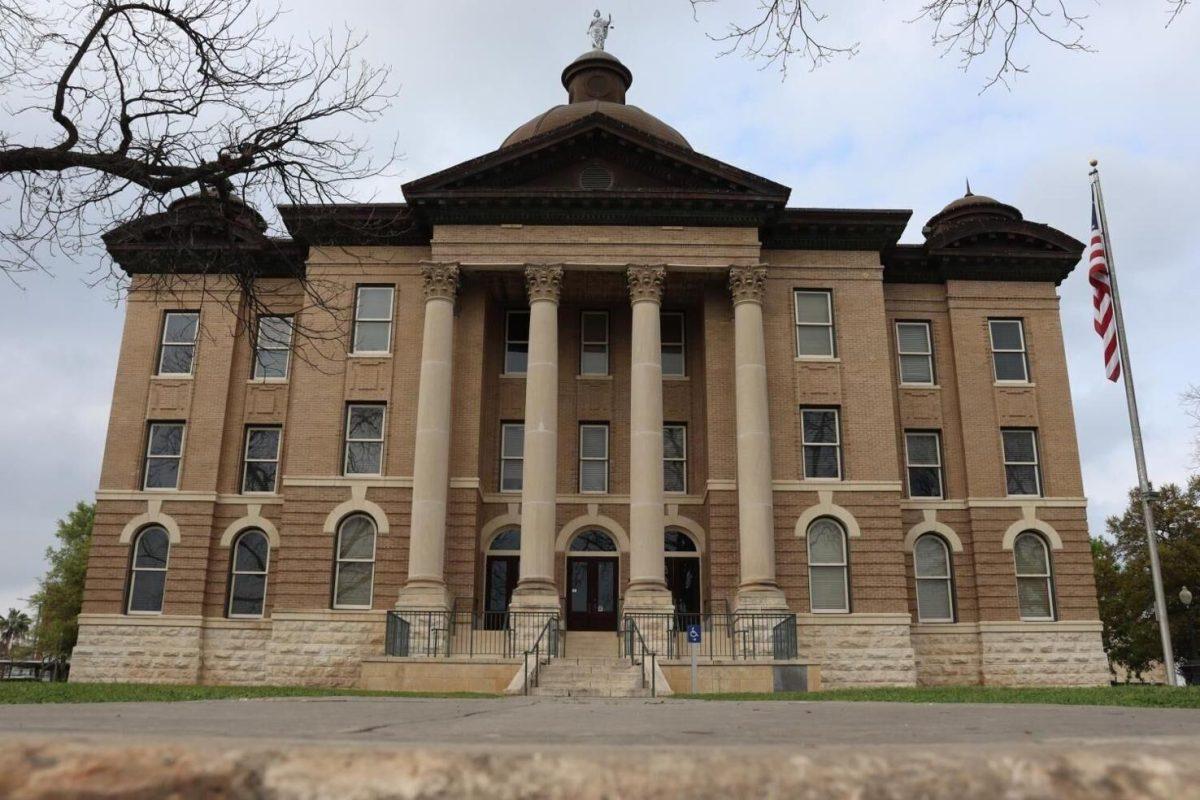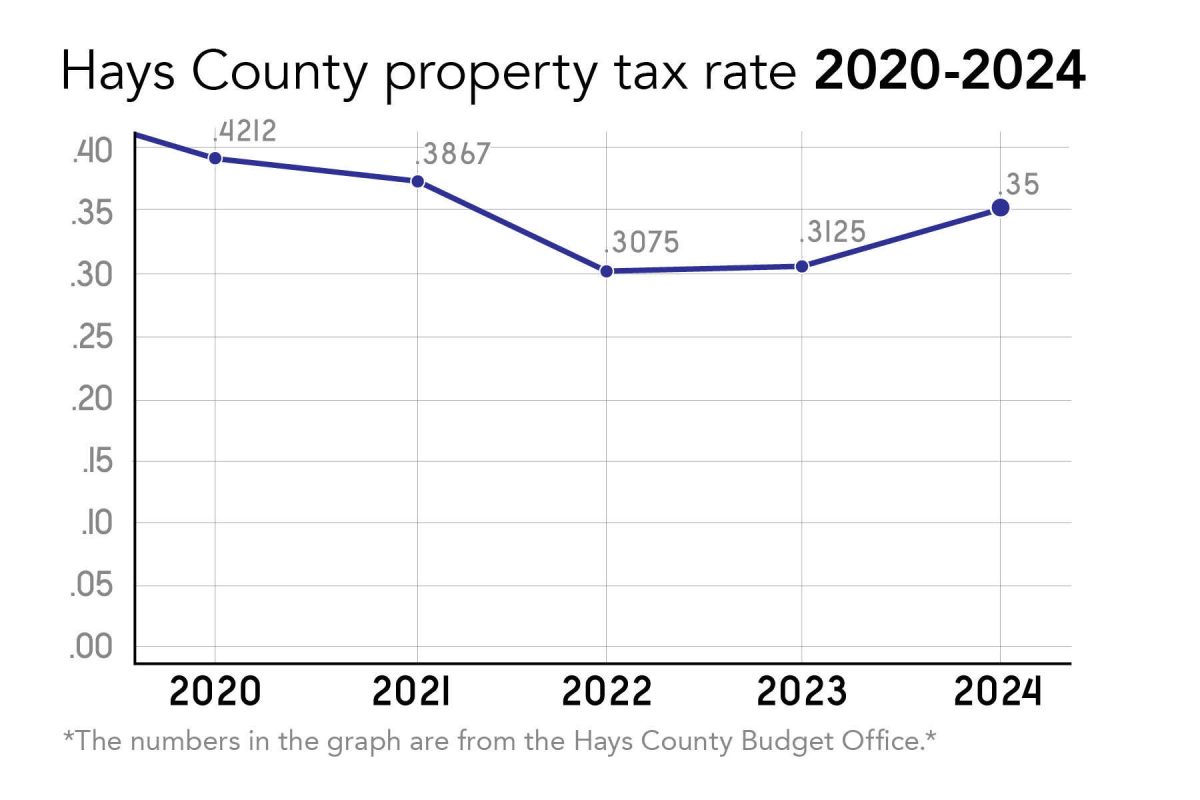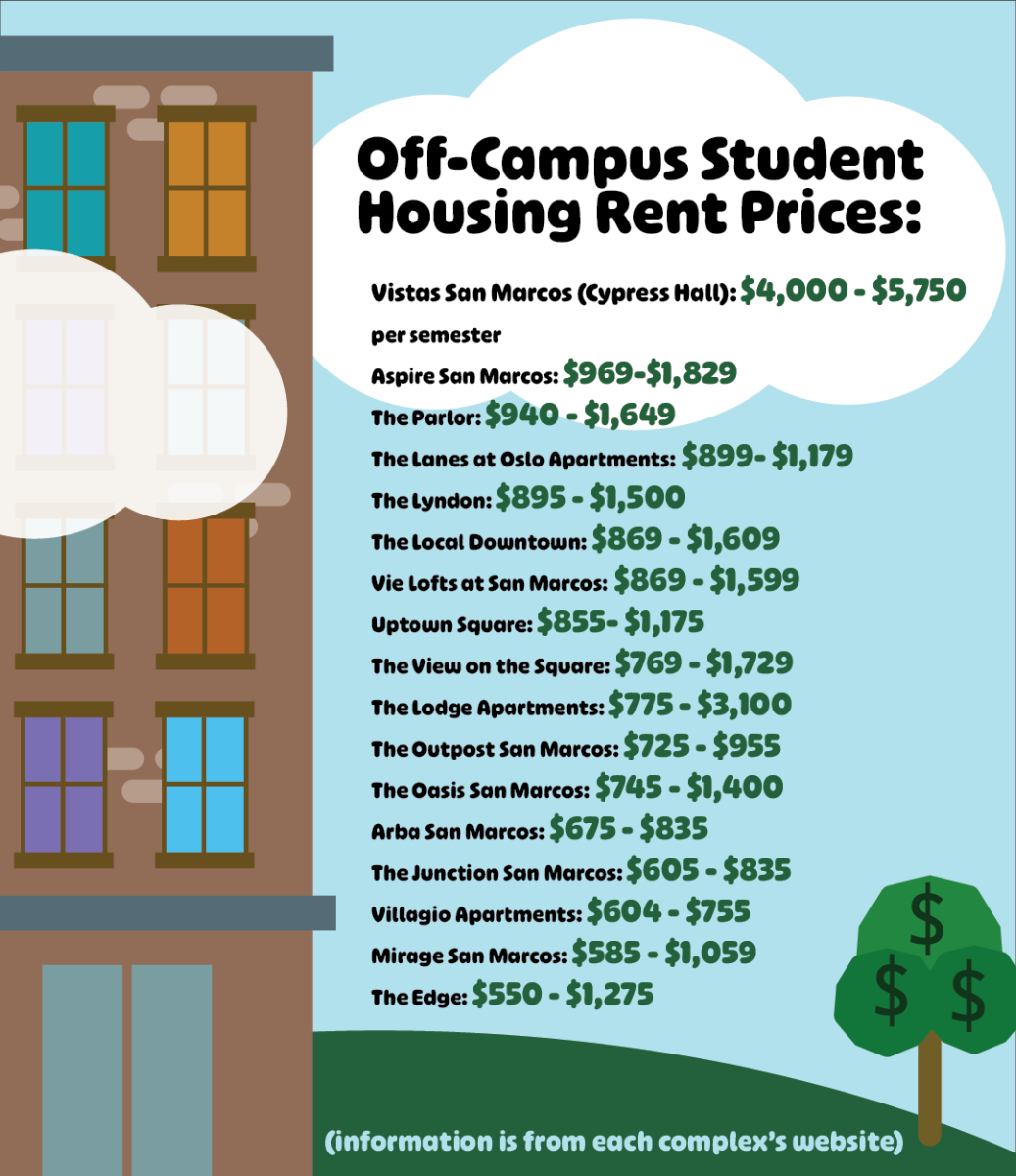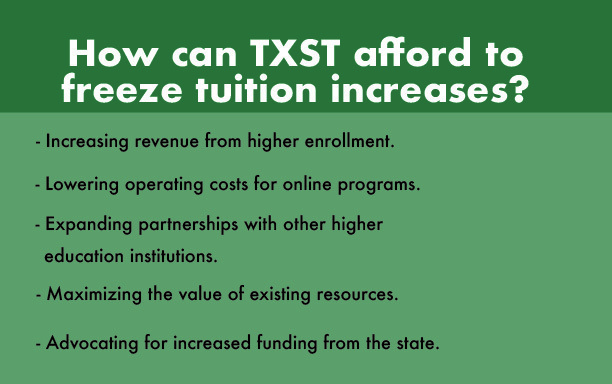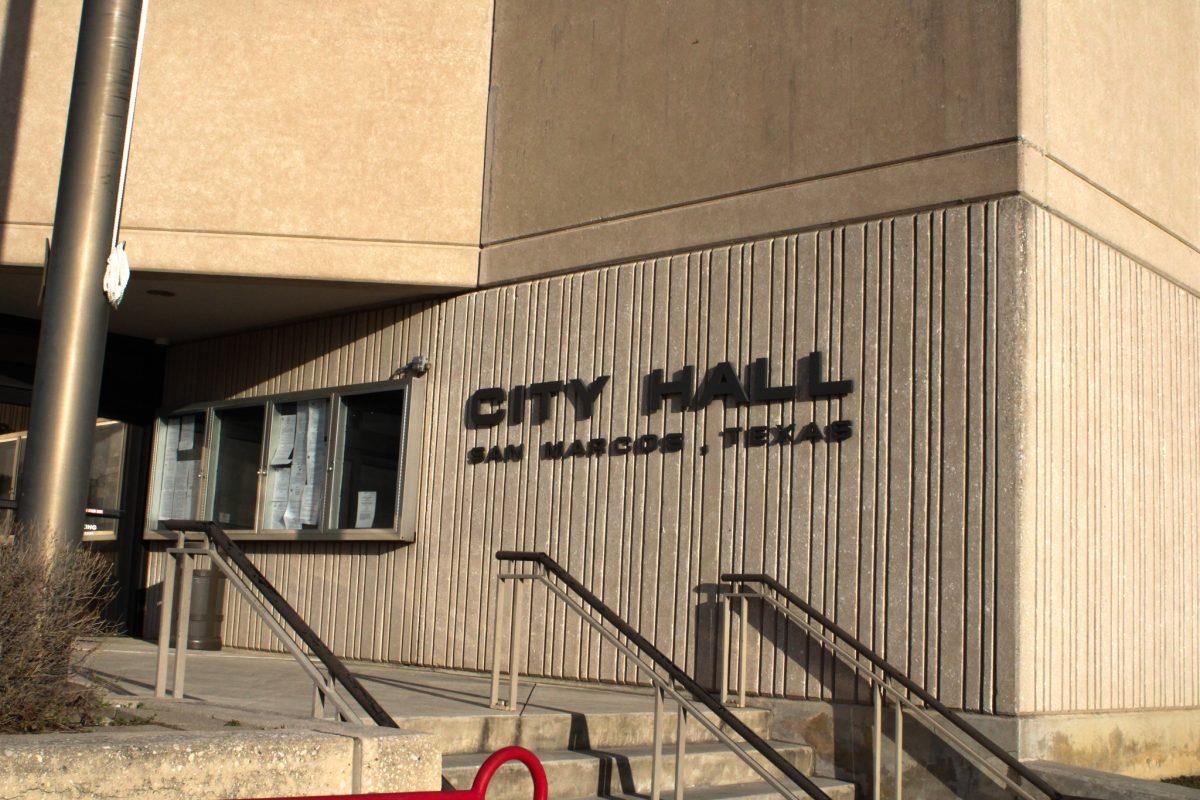The Student Government senate unanimously passed two resolutions calling on Texas State to expand COVID-19 testing and mental health outreach during its Oct. 5 meeting.
The Resolution in Memory of M.R. Calling for the Expansion of Mental Health Resources, authored by Senate Leader Quintin Lorenz, reads, “Currently the university does not offer a wide selection of mental health care options, services are simply on a counseling basis that many students find hard to feel comfortable attending, and the University lacks in terms of reaching out to students before a student even realizes they are in a crisis.”
Marc Rodriguez, a former Bobcat and close friend to Lorenz, committed suicide in June this year; a loss that has directly motivated the senator to draft the resolution focusing on mental health outreach.
Lorenz says the university should expand its mental health outreach efforts, apply for more state and federal grants to enable the introduction of biofeedback rooms into the Student Health Center and reach out to the National Association of Mental Illness with the intent of establishing a chapter on campus. Lorenz says he is drafting an additional resolution that will urge the university to email all students an optional bi-monthly survey of their mental health.
“It’s like a regular questionnaire, that you would take online to see where you’re at mentally, but instead, it’s the university sending it out through email,” Lorenz said. “It just shows that the university wants to reach out and care for the students.”
The Texas State Counseling Center displays various mental health services available to students on its website, including telemental health appointments, specific resources for COVID-19, access to Boston College’s Racial Trauma Toolkit, crisis support and group therapy. It also provides events, workshops and presentations meant to educate students on matters of mental health and crisis management.
The next item on the list for the Counseling Center’s Fall 2020 Webinar Series, for example, is titled “Radical Self-Care for Students of Color,” and is taking place Oct. 13. Those looking to attend can read a brief summary and register on the Counseling Center’s website.
Lorenz says most students don’t speak up because they fear the stigma associated with reaching out and learning about mental health. He says the questionnaire will hopefully allow students who need mental health services but are too worried to reach out to finally get access.
Jake Hermanson, a biochemistry and biology senior, says biofeedback rooms have helped him in the past as a student at Texas A&M College Station. A biofeedback room is a dimly lit, therapeutic space in which users are connected to various devices meant to monitor items like heart rate and skin reactions; the user responds to various computer modules or games that illicit physiological changes in the body. The module helps the person find ways to manage their reactions and cope with high stress and stimulus.
Hermanson says the module he used focused on experts, like the Dalai Lama, talking about how to properly master meditation.
“[It included] people from various professions, and it gave me a holistic picture of what meditation is, and how to do it. And it really guides you through that process,” Hermanson said.
He says his mental health improved significantly since he discovered biofeedback rooms, and hopes to see them at Texas State in the future.
Senator Tiger Shi authored a resolution calling for an increase in COVID-19 testing capabilities to limit the spread of the virus, which urges the university to add an additional testing station on campus similar to the kiosk that opened on the Quad Sept. 28. During the first week of testing, this station performed 1,074 PCR tests with 18 positive results for a 1.7% positivity rate.
Shi says the university should consider shifting funding in its budget or increasing student health fees to accommodate for the expense. He says more testing with fast results should help mitigate the impact of students not properly self-quarantining as they may have to wait up to two days before they receive their test results.
“This is a time sensitive matter, not only in terms of the testing itself, but just preserving the overall health of Texas State and San Marcos,” Shi said.
Shi says any additional funds should be designated for the expansion of mental health resources and STI screening.
Currently, the Student Health Center is allotted a total of about $7.2 million for the 2021 fiscal year, per the university’s budget, while the Counseling Center receives just over $425,000.
Student government meetings are open to the public and reoccurring every Monday at 7 p.m. Students interested in attending can find the Zoom link on the student government website.
Categories:
Student Government unanimously passes mental health and COVID-19 resolutions
Lionel Ramos, News Reporter
October 8, 2020
0
Donate to The University Star
Your donation will support the student journalists of Texas State University. Your contribution will allow us to purchase equipment and cover our annual website hosting costs.
More to Discover


